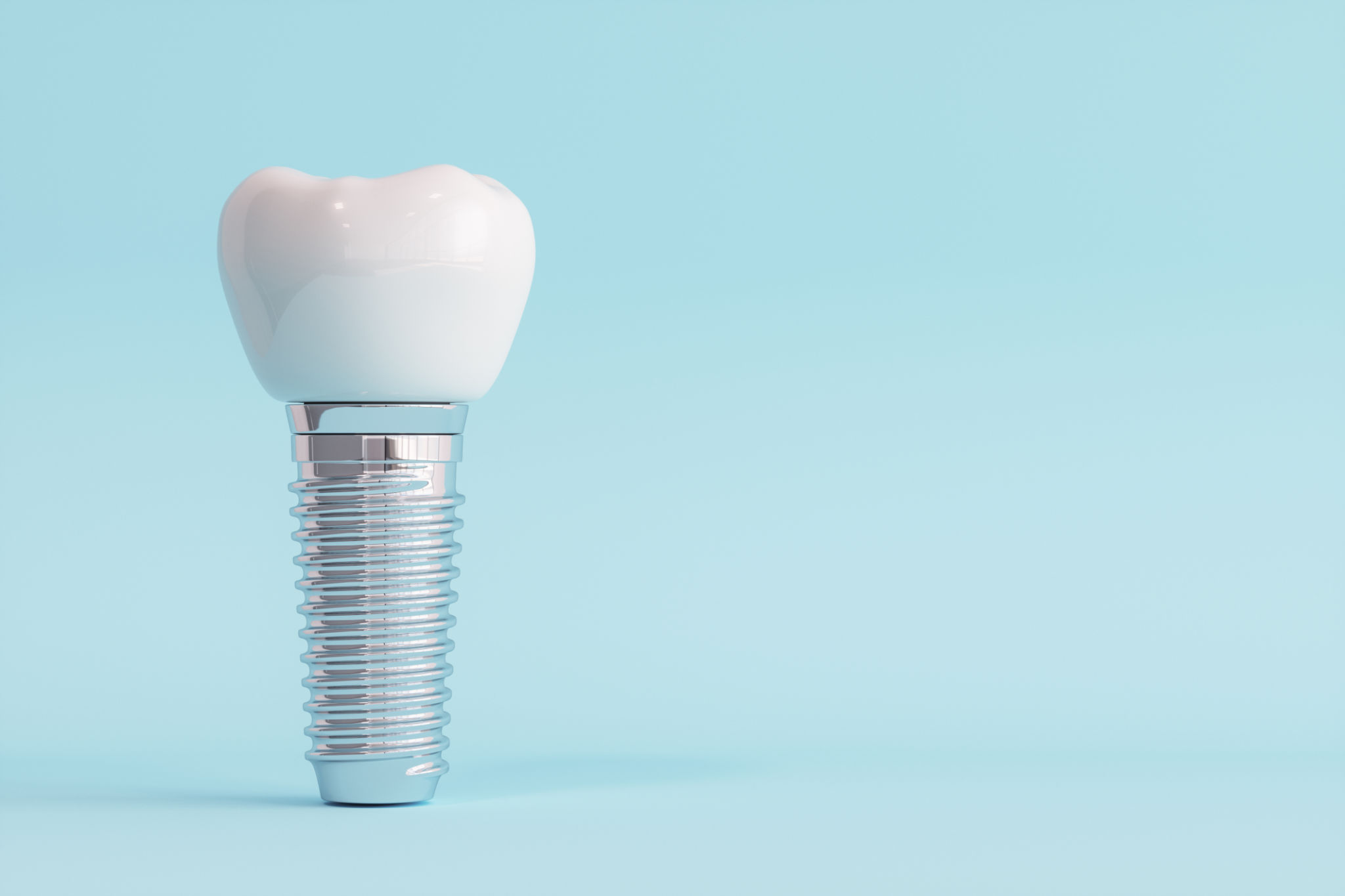Expert Insights: Common Misconceptions About Dental Implants
Understanding Dental Implants
For many, dental implants are a mystery surrounded by misconceptions. These innovative solutions for tooth loss have evolved significantly over the years, yet several myths persist. To provide clarity, we spoke with experts in the field to debunk some of the most common misunderstandings about dental implants.

Misconception 1: Dental Implants Are Painful
A prevalent fear about dental implants is the pain associated with the procedure. However, experts assure that modern techniques have made the process relatively comfortable. With local anesthesia and sedation options, patients often report experiencing minimal discomfort during the procedure. Post-operative pain is typically manageable with over-the-counter pain medication.
Post-Procedure Care
Proper post-operative care is crucial in minimizing discomfort. Following the dentist's instructions for care can significantly aid in a smooth recovery process. This includes maintaining good oral hygiene and attending follow-up appointments to ensure everything is healing as expected.
Misconception 2: Implants Are Not Durable
Another common myth is that dental implants are not long-lasting. In reality, when properly maintained, dental implants can last a lifetime. They are made from durable materials like titanium that are both strong and biocompatible with the human body.

Maintenance Tips
- Brush and floss regularly to maintain oral hygiene.
- Avoid chewing hard foods like ice or hard candies that can damage the implants.
- Schedule regular dental check-ups to monitor the condition of the implants.
Misconception 3: Implants Are Only for Older Adults
While it's true that older adults often seek dental implants due to tooth loss, they are not exclusively for this age group. Dental implants can be suitable for adults of all ages who have lost teeth due to injury, infection, or decay, provided they have adequate bone structure and healthy gums.

Eligibility Criteria
Before proceeding with implants, a comprehensive evaluation is necessary to determine suitability. Factors such as bone density, gum health, and overall oral health play a crucial role in deciding whether dental implants are the right choice for an individual.
The Truth About Costs
Cost is another aspect where misconceptions abound. While the upfront cost of dental implants may appear high compared to other solutions, they are often more cost-effective in the long run due to their durability and minimal maintenance requirements. Many practices offer financing options to make this investment more accessible.
Comparing Long-term Value
The long-term benefits of improved oral health and quality of life often outweigh the initial expense. Unlike dentures or bridges, which may require replacements or adjustments over time, implants offer a more permanent solution.
By dispelling these common myths, we hope to provide a clearer understanding of dental implants. If you're considering this option, consulting with a dental professional can provide personalized insights tailored to your specific needs.
